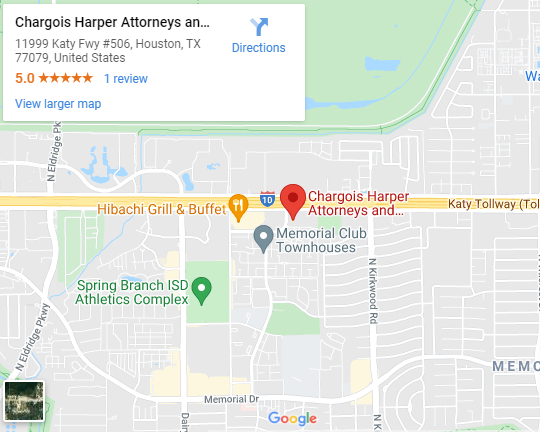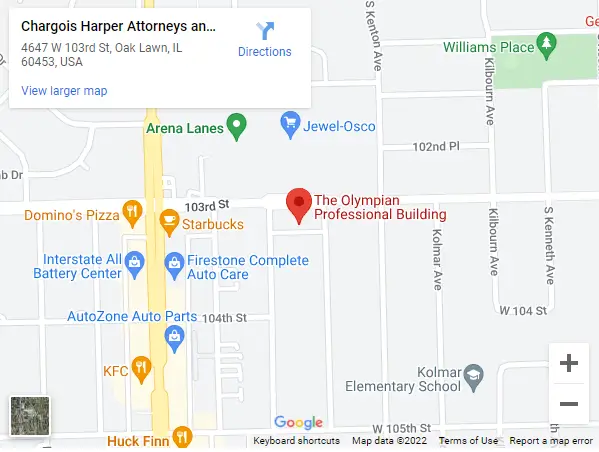Texas Marriage Laws
Consider the following marriage laws in Texas before saying “I Do”
What are the Marriage Laws in Texas?
Marriage laws in Texas are governed by state law and encompass various aspects of the marriage process, including eligibility, marriage licenses, ceremonies, and more. Here are some essential points regarding marriage laws in Texas:Marriage License Requirements
- Both parties must actually appear at the county clerk’s office to apply for a marriage license.
- Both individuals must be at least 18 years old. (See Texas Family Code § 2.101.)
- If either party is 16 or 17 years old, they may marry with parental consent. (See Texas Family Code §§ 2.102, 2.103.)
- A person under the age of 16 cannot legally marry in Texas.
Waiting Period
- There is typically a 72-hour waiting period between when the marriage license is issued and when the marriage ceremony can take place. However, this waiting period may be waived under certain circumstances.
Blood Tests
- Texas no longer requires blood tests or health certificates for marriage.
Marriage License Fees
- Marriage license fees vary by county but usually range from around $60 to $100.
Identification
- Both parties must provide valid identification, such as a driver’s license, passport, or birth certificate.
Marriage License Validity
- A Texas marriage license is valid for 90 days.
- You must apply for a new license if the marriage ceremony does not happen within this time frame.
Proxy Marriages
- Proxy marriages are allowed in Texas under certain circumstances, such as when one party is an active-duty member of the military stationed overseas.
- Proxy marriages require special arrangements and documentation.
Cousin Marriage
- In Texas, you can marry your first cousin.
Same-Sex Marriage
- Same-sex marriage has been legal in Texas since the US Supreme Court’s decision in 2015 (Obergefell v. Hodges).
Officiants
In Texas, a marriage can be officiated by:- A licensed or ordained minister or priest
- A judge or retired judge
- A justice of the peace
- A county clerk or deputy county clerk
What are the Two Types of Marriage in Texas?
In Texas, there are two primary types of marriage recognized under the law:Informal Marriage (Common Law Marriage)
- Texas allows for informal marriages, often referred to as common law marriages. A couple must meet specific criteria to enter into an informal marriage in Texas, including:
- They must agree to be married.
- They must live together in Texas as spouses.
- They must represent themselves to others as a married couple.
- Remember that common law marriage in Texas is not automatically established simply by living together for a certain period..
- The couple must meet all the legal requirements for it to be recognized.
Formal Marriage (Ceremonial Marriage)
- Formal or ceremonial marriage is the most common type of marriage in Texas, and the one most people are familiar with.
- It involves a formal ceremony, typically conducted by a religious or civil officiant, in the presence of witnesses.
- After the ceremony, the officiant and witnesses sign the marriage license, which is then filed with the county clerk’s office to record the marriage legally. (See Texas Family Code § 2.002.)
What is the Legal Age to Marry?
In Texas, you need to be 18 to get married without anyone’s permission. But if you are 16 or 17, you can still get married with consent. Here’s how it works:Getting Consent
- To get married at 16 or 17, you need your parent, legal guardian, or someone given authority by a court to say it is okay.
- They have to give written permission, using forms from the county clerk. These forms need to say they are okay with you getting married. They can do this when you apply for a marriage license or up to 30 days before. Usually, they sign these papers in front of the county clerk.
- If your parent lives outside Texas, someone authorized in that state can give permission.
- If your parent is too sick or cannot be there in person in Texas or their state, an authorized person can sign the papers, plus a doctor’s note explaining the situation.
Going to Court
- Sometimes, you might not get permission from your parent or guardian. In that case, you can ask the court for permission to get married.
- Where you file this request depends on who can give consent:
- If your parent in Texas can give consent, you file in their county.
- If your guardian or someone with court authority in Texas can give consent, you file in their county.
- If no one in Texas can give consent, you file in your county.
How Long Do You Have To Be Together To Be Legally Married in Texas?
Texas law does not require the couple to be together for a specific period before they can declare themselves to be in a common-law marriage. As long as both parties agree to the three elements listed in Section 2.401 of the Texas Family Code, they meet the requirements of a common-law marriage.Contact our Houston Family Law Attorney Today To Learn More About Texas Marriage Laws!
Navigating the complex rules of marriage laws in Texas can be overwhelming, especially when getting ready for a life-changing moment, such as getting married. But do not worry; Chargois Harper is here to help. We know a lot about family law and the specific laws related to marriage in Texas, and we can guide you through it. We have been helping many couples for years as they start their journey into marriage. Imagine focusing on the happiness of your big day, knowing that all the legal stuff is taken care of. That is what we aim to provide for every couple we work with. If you are about to make this important decision, let our knowledge of Texas marriage laws assist you. Contact our law firm today, and we will make sure your marriage starts on a solid legal footing, giving you confidence and peace of mind. We also offer Houston, Texas, other family law services (like child custody and property division), estate planning, and probate of will.
You can count on us to protect your interests and resolve your legal concerns in Texas & Illinois.
Houston Office
11999 Katy Freeway #506
Houston, TX 77079
Illinois Office
4647 W. 103rd Street, Oak Lawn Illinois 60453
Get Help From Our Illinois & Texas Attorneys
All the information on this website – www.chargoisharper.com – is published in good faith and for general information purposes only. Chargois Harper Attorneys and Counselors at Law does not make any warranties about the completeness, reliability and accuracy of this information. Any action you take upon the information you find on this website (Chargois Harper Attorneys and Counselors at Law), is strictly at your own risk. Chargois Harper Attorneys and Counselors at Law will not be liable for any losses and/or damages in connection with the use of our website.
Copyright © 2024 Chargois Harper Attorneys and Counselors at Law - All Rights Reserved. | Powered by Advantage Attorney Marketing & Cloud Solutions



